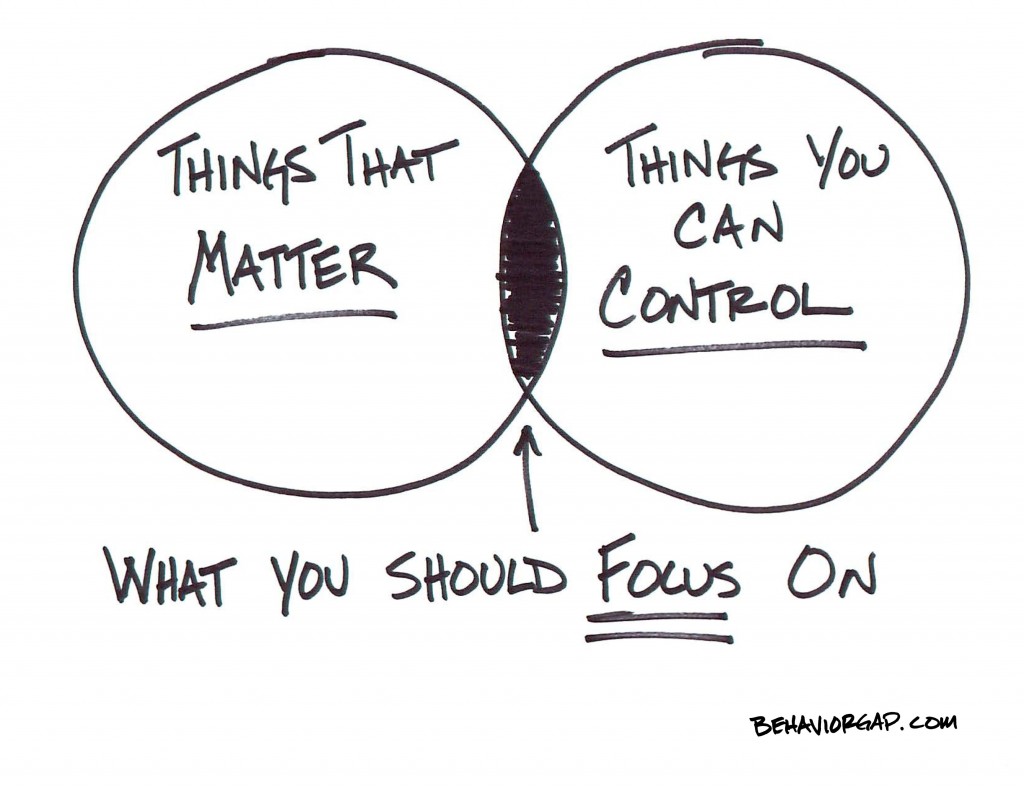
The latest data on our collective preparedness for retirement is out and it’s not great news, as you can imagine. One in four of us has less than $1,000 set aside for retirement, a depressing reality.
But there’s good news buried under the oft-repeated scare-tactic headlines. The percentage of us who are at least “somewhat confident” about retirement is higher, up to 42% from 36% just a year ago. Add in the “very confident” and 63% of us are okay with our progress toward retirement.
What’s changed? It probably isn’t the stock market, which just recently turned positive for the year in terms of total return.
Rather, I would venture to say that people are feeling better about their prospects because things are better. The long, slow recovery hasn’t been exciting but it has plowed on. Employment is strong and wages are likely to follow in due course.
In fact, when I talk to clients, I generally hear good things about their long-term state of mind. They worry about their kids and their health and not so much about their money.
What my happier clients have in common, I find, is that they have managed to avoid three crucial retirement investment errors. Having sidesteps these traps, they can enjoy the fruits of their labor and take a positive, long-term view of retirement saving.
They are among the 63% who think things are likely to turn out just fine. Here’s what they do right:
1) They save money. The first crucial error is not saving at all. Even if you save a small amount, it’s vitally important to make saving a habit and stick with it long-term.
Saving early is huge. Compounding drives the entire financial world, from banks to credit cards to retirement accounts. But you can’t compound on thin air. It takes money to make money.
2) They never chase stocks. In a world of nonstop stock market news, the fear of missing out on the next big thing is palpable. The problem is not stocks, which are a vital part of any long-term portfolio, but the emotions that come along with owning them.
For every guy you meet who made a killing on this or that technology stock back in the ’90s, there are nine others who got taken to the cleaners. Don’t be that guy. And we’re all “that guy,” so don’t chase stocks. Index funds get the job done.
3) They do not overpay for financial advice. If you conclude that nobody can effectively beat the markets over time (which is true) and nobody can effectively time the markets (also true), the really important realization retirement investors make, eventually, is that it’s not worth paying hefty fees for the illusion that either will happen.
High financial advisory fees and high mutual fund fees hobble your long-term performance. If you want help creating a budget, hire an hourly financial planner. If you want investment management, hire a fiduciary and use index funds to keep costs low.
If you can avoid these three crucial retirement investment errors — if you can save money, diversify and keep costs low — it’s very likely that you will find yourself answering a survey in the future with “Yes, I am confident in my retirement planning.”
It’s a good place to be, and just about anyone can get there.





